Turkey takes Russia and US to task over their backing of Kurds in Syria
While rivals in every other respect, both are supporting the local branch of the PKK in Syria conflict

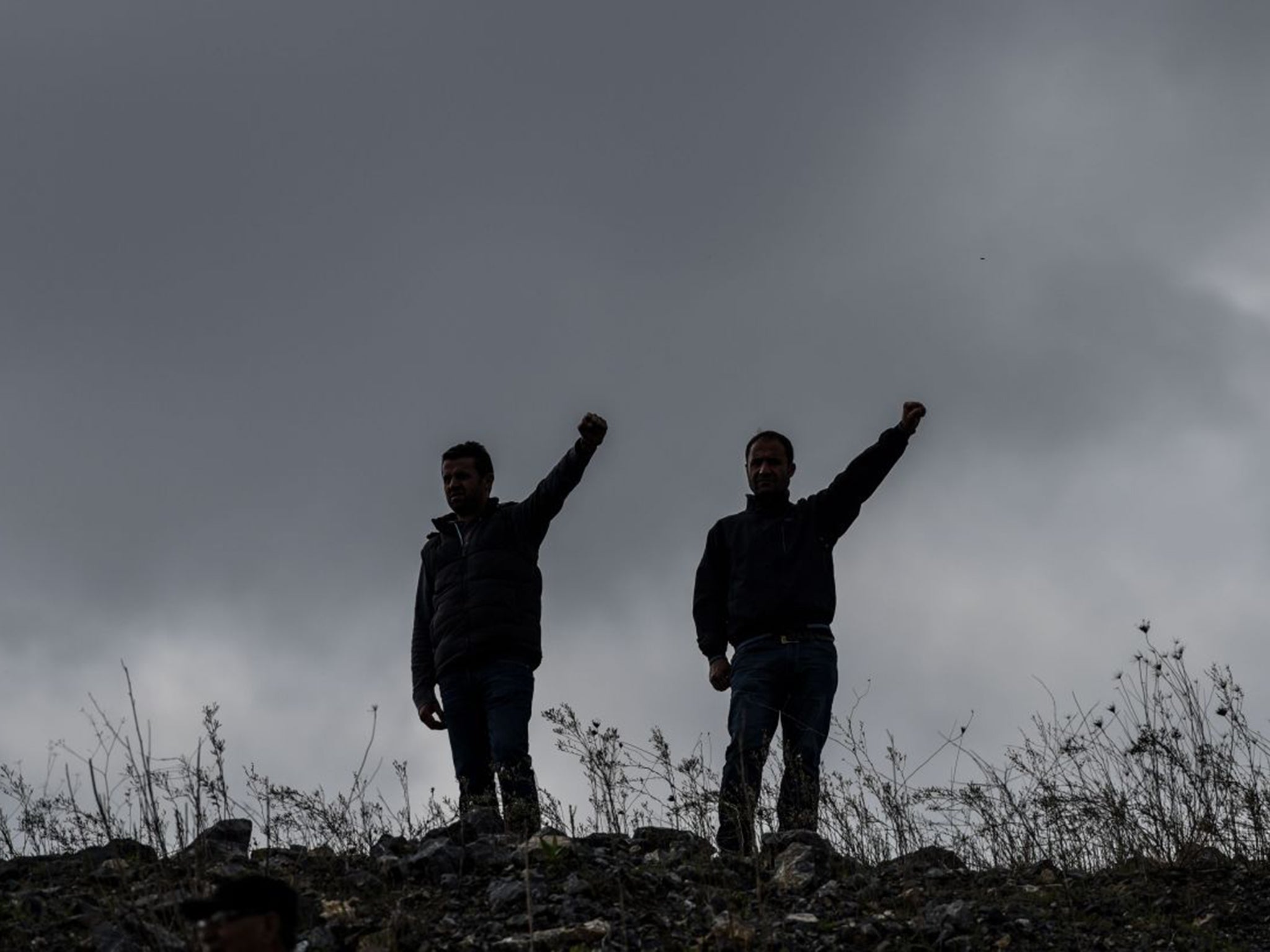
Turkey has summoned separately the American and Russian ambassadors in Ankara to complain about their countries acting in support of the military forces of the Syrian Kurds who are fighting Isis.
The Turkish government’s alarm underlines its problem in fighting a guerrilla war against the Kurdistan Workers’ Party (PKK) in Turkey at a time when the US and Russia, while rivals in every other respect, are both supporting the local branch of the PKK in Syria.
The US military says that its planes have dropped ammunition to the Syrian Kurdish militia or People’s Protection Units (YPG), while Kurdish officials say they have received 120 tons of weapons and ammunition. Amina Ossi, a deputy foreign minister in the Democratic Union Party (PYD) enclave in Syria, told The Independent last month that the Syrian Kurdish armed forces “number roughly 50,000 and we have lost 3,000 martyrs”. The YPG is widely recognised as the most effective opponent of Isis which has won a series of victories against it with the support of US air strikes.
The Turkish Prime Minister Ahmet Davutoglu said that arms supplied to the Syrian Kurds could fall into the hands of the PKK and be used against Turkey. He added that “Turkey cannot accept any kind of co-operation with terror organisations that have declared war against Turkey”. Half of Turkey’s 550-mile border with Syria is now held by the YPG which is threatening to launch an offensive to seize Isis’s last border crossing with Turkey at Jarabulus and advance eastwards to link up with the Kurdish enclave at Afrin. Support for the Syrian Kurds from both the US and Russia makes it increasingly difficult for the Turkish army to stop the expansion of the Kurdish-held zone.
The confrontation between Kurds and Turkey has deepened dramatically since the constitutional pro-Kurdish People’s Democratic Party (HDP) won 13 per cent in the Turkish general election on 7 June, depriving President Recep Tayyip Erdogan and his Justice and Development party (AK) of its majority for the first time since 2002.
In July the Turkish army resumed military operations against the PKK in Turkey and Iraq. Since then Turkish-Kurdish relations have deteriorated rapidly, culminating in the suicide bomb attack on a peace protest in Ankara on 10 October that killed almost 100 people and wounded 500.
The Ankara attack is further polarising relations between Turks and Kurds with anti-Kurdish crowds at football matches jeering and shouting abuse during a one minute’s silence for the dead. The public prosecutor in Ankara has declared a gag order prohibiting reporting of the bombing, the worst terrorist attack in Turkey’s history. This will only be lifted when those responsible for the bombing have been detained. The bombers almost certainly come from Isis, but government officials have hinted that the PKK may be responsible though without producing any evidence.
Turkey cannot accept any kind of co-operation with terror organisations that have declared war against Turkey
Regardless of the outcome of the election on 1 November, the struggle between the Turkish government and Kurds in Turkey and elsewhere is the region is likely to escalate. The PKK for the first time holds power in a quasi-state in north-east Syria which has US military backing and increasingly warm relations with Russia. It claims to be allied to moderate Arab opposition to President Bashar al-Assad, but this scarcely exists.
With Russia, Iran and the US increasingly embroiled in the Syrian crisis, Turkey’s influence in Syria is diminishing as other powers play a greater role. A crucial test for Ankara will come if the PYD launches an offensive with US and Russian air support to cut the roads between Aleppo and the Turkish border.

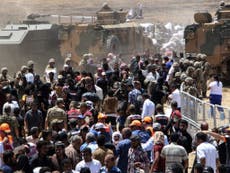
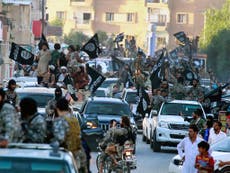
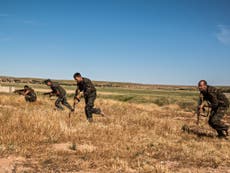
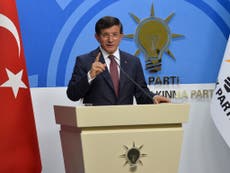
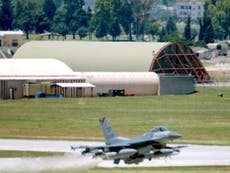
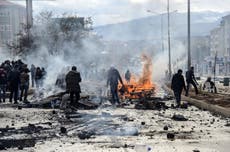
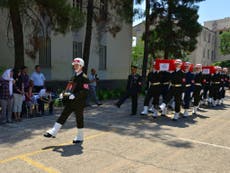
Join our commenting forum
Join thought-provoking conversations, follow other Independent readers and see their replies